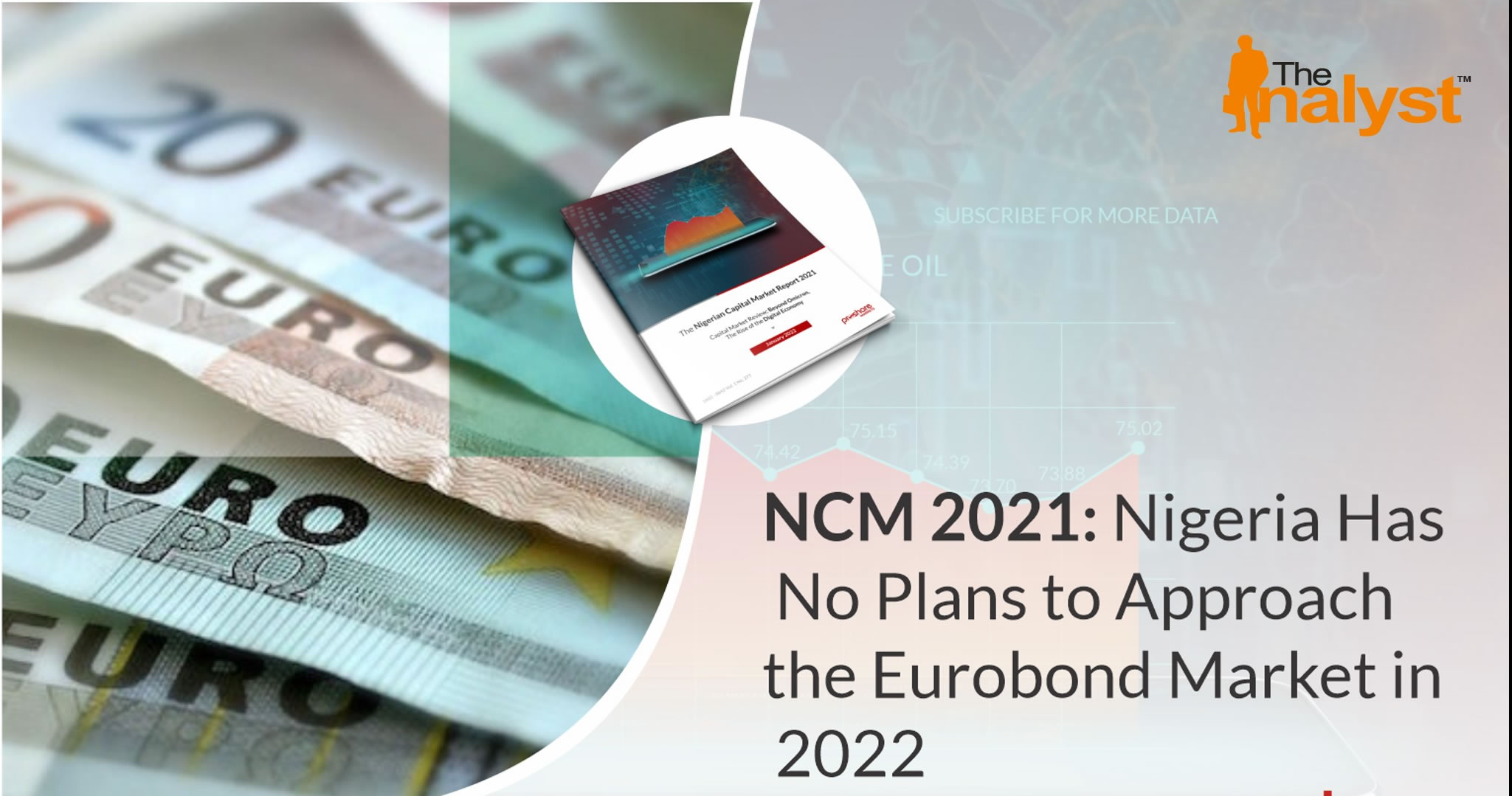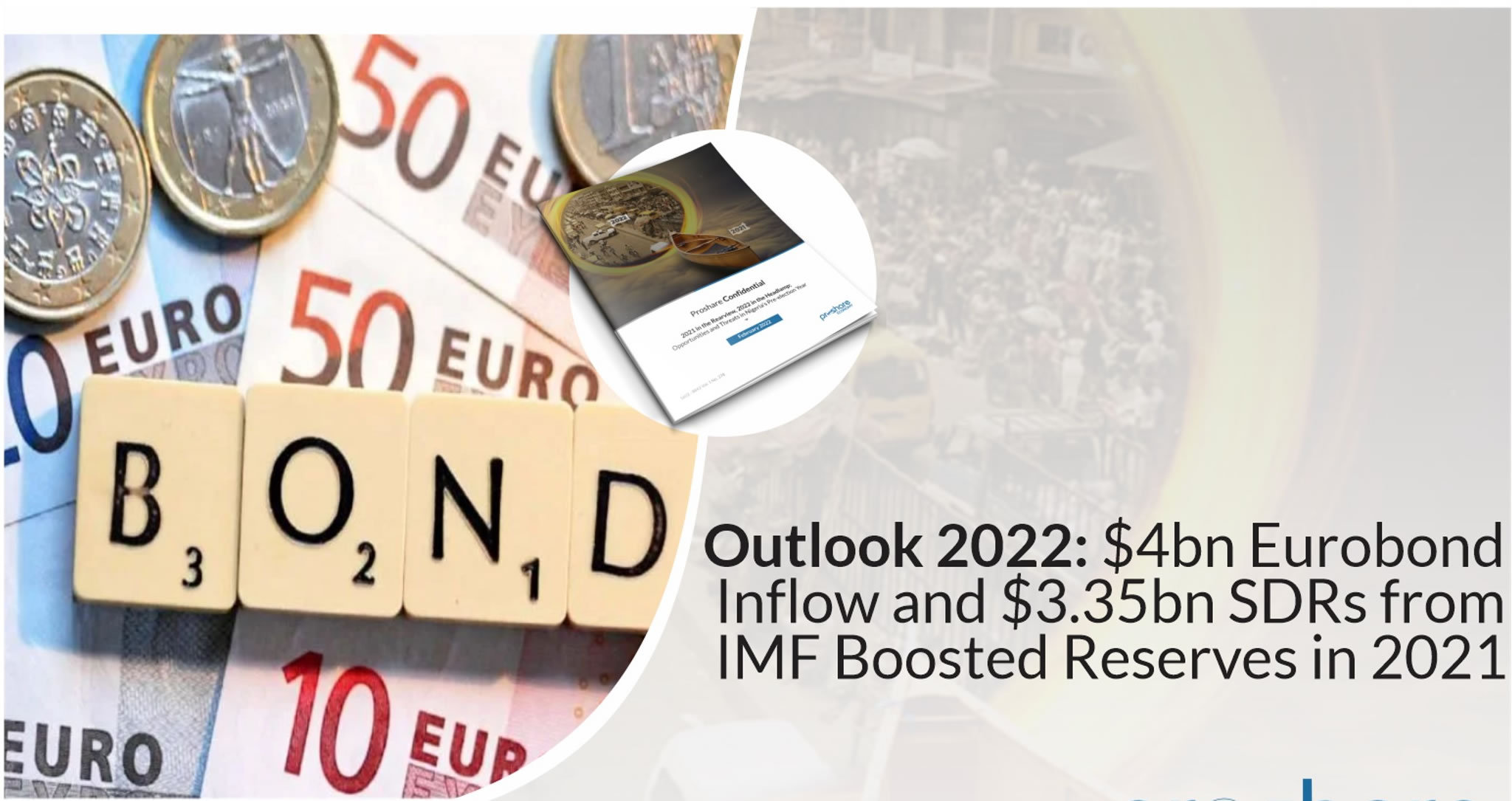Providing clarifications on the statement allegedly made by a member of the Monetary Policy Committee of the Central Bank of Nigeria, the Debt Management Office (DMO) has stated that the statement may have been made without due consideration of the Government’s borrowing needs as captured in the Annual Budgets, Medium-Term Expenditure Framework, as well as, the Debt Management Strategy.
Explaining further, the DMO stated that the borrowing needs are derived from the Annual Budgets while the borrowing mix is based on the subsisting Debt Management Strategy. Successive Debt Management Strategies have often indicated that the Federal Government of Nigeria’s (FGN) preferred source of external borrowing is concessional sources rather than commercial sources such as Eurobonds. For instance, one of the objectives of the Debt Management Strategy 2020 – 2023 is “Maximizing funds available to Nigeria from Multilateral and Bilateral sources in order to access cheaper and long tenored funds, whilst taking cognizance of the limited funding envelopes available to Nigeria, due to Nigeria’s classification as Lower-Middle-Income country”.
Given the size of new borrowings in the Annual Budgets over the years, it would not have been proper for the FGN to raise all the funds from the Domestic Market as this would result in the Government crowding out the private sector and raising borrowing rates. Consequently, some part of the required funding has to be raised externally. While loans from concessional sources such as the International Development Association (an arm of the World Bank) are relatively cheaper as stated above, they are limited in amount. In addition, they are not available for financing infrastructure and other capital projects. Thus, Nigeria accesses concessional and semi-concessional loans as may be available, while issuing Eurobonds to part finance the Annual Budgets and the infrastructure projects contained therein.
On the issue of Eurobonds likely lead to debt distress, the DMO reiterates the need to generate more revenues significantly beyond their current levels. Data from the World Bank show that compared to a number of advanced and developing countries who have higher Public Debt to GDP Ratios than Nigeria, Nigeria has a much lower Revenue to GDP Ratio. The World Bank’s Economic Outlook for 2020 showed that in 2020, Nigeria’s Revenue to GDP Ratio was 6.3% placing it at number 194 out of 196 countries.
The DMO explains that while the Government continues ongoing efforts to diversify and grow revenues, the public should take into cognizance other benefits of Eurobonds which include increase in the level of external reserves and opening up opportunities for the private sector to issue Eurobonds since January 2011 when the debut Sovereign Eurobond was issued by the DMO on behalf of the FGN. Many Nigerian Banks including United Bank for Africa, Access, Zenith and Fidelity have issued Eurobonds to raise capital.
 Lagos, NG • GMT +1
Lagos, NG • GMT +1











 292 views
292 views




















 Sponsored Ad
Sponsored Ad
 Advertise with Us
Advertise with Us









